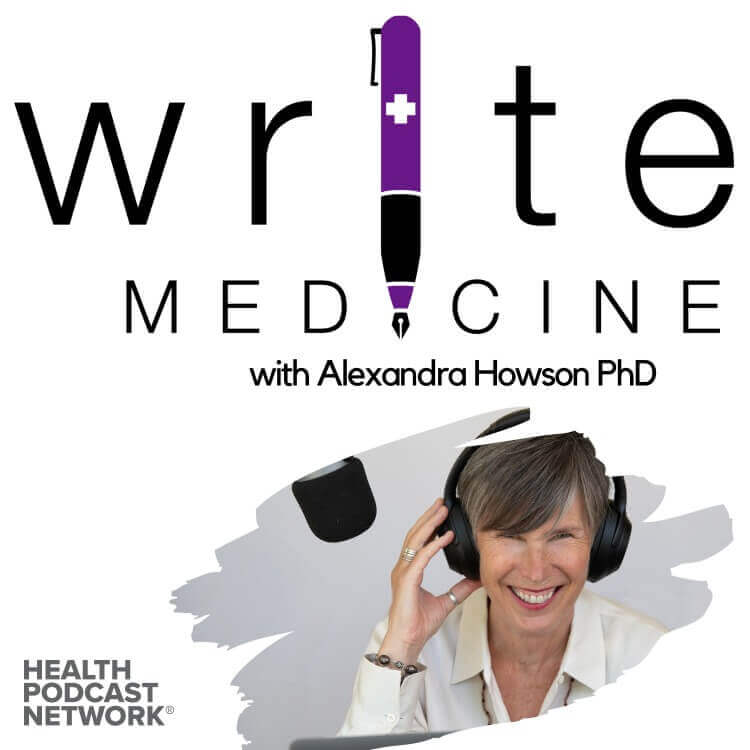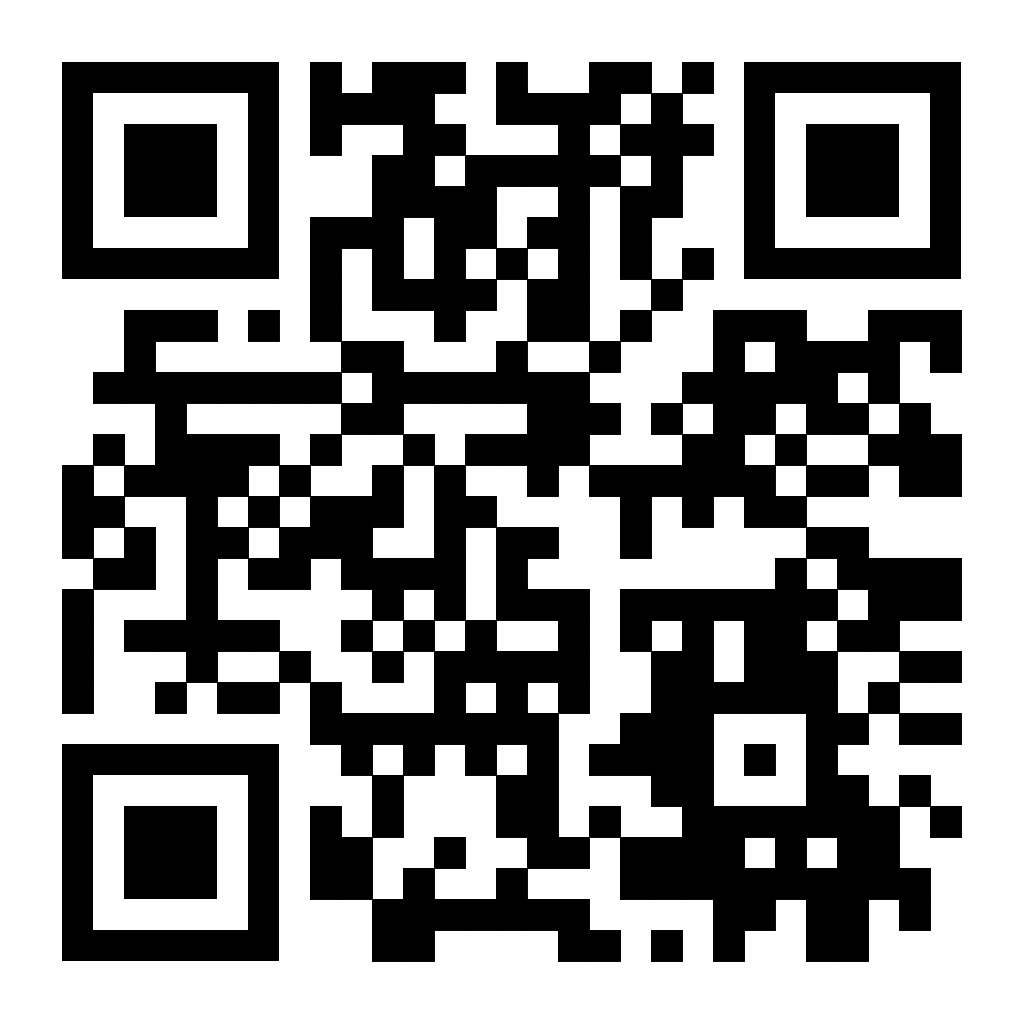
Write Medicine
Exploring best practices in creating continuing education content for health professionals.
Beyond PubMed: CME’s Hidden Treasure Map
CME professionals, medical writers, educators, and researchers - what would you do if PubMed suddenly became less accessible? You depend on this critical resource daily to find evidence-based information that powers your work. But recent funding uncertainties at the NIH have raised questions about its future.
You need consistent, reliable access to quality biomedical research to meet deadlines and maintain credibility, but navigating alternatives can feel overwhelming. Where would you even begin if your go-to resource is compromised?
Today's episode is your insurance policy. My conversation with medical librarian Rachel Wedeward MLIS, AHIP reveals not only why PubMed matters, but also provides you with practical alternatives, including a downloadable resource sheet, and evaluation strategies to ensure you'll never be left without the research you need - no matter what happens.
In this episode, you'll discover:
The remarkable infrastructure behind PubMed's indexing system that makes it an indispensable tool for organizing and accessing biomedical research
A comprehensive overview of complementary resources, including European PubMed Central and specialized databases that can enhance your research approach
Practical wisdom for evaluating evidence quality
Listen now to expand your research toolkit with expert knowledge that will help you confidently navigate the evolving landscape of medical information resources.
Connect with Rachel
Website
LinkedIn
 Resources
PubMed
The essential biomedical database maintained by the U.S. National Library of Medicine. A critical starting point for CME writers and medical educators to access peer-reviewed research.
European PubMed Central
A free database of biomedical and life sciences research literature from Europe. A strong alternative to PubMed.
Grey Literature Sources
Sometimes the best insights aren’t found in journals. Examples of trusted grey literature repositories include:
Kaiser Family Foundation
Robert Wood Johnson Foundation
Find guides on Rachel's website
Alex's Sharable Evidence Bank (>70 sources)
Resources
PubMed
The essential biomedical database maintained by the U.S. National Library of Medicine. A critical starting point for CME writers and medical educators to access peer-reviewed research.
European PubMed Central
A free database of biomedical and life sciences research literature from Europe. A strong alternative to PubMed.
Grey Literature Sources
Sometimes the best insights aren’t found in journals. Examples of trusted grey literature repositories include:
Kaiser Family Foundation
Robert Wood Johnson Foundation
Find guides on Rachel's website
Alex's Sharable Evidence Bank (>70 sources)
 Resources
PubMed
The essential biomedical database maintained by the U.S. National Library of Medicine. A critical starting point for CME writers and medical educators to access peer-reviewed research.
European PubMed Central
A free database of biomedical and life sciences research literature from Europe. A strong alternative to PubMed.
Grey Literature Sources
Sometimes the best insights aren’t found in journals. Examples of trusted grey literature repositories include:
Kaiser Family Foundation
Robert Wood Johnson Foundation
Find guides on Rachel's website
Alex's Sharable Evidence Bank (>70 sources)
Resources
PubMed
The essential biomedical database maintained by the U.S. National Library of Medicine. A critical starting point for CME writers and medical educators to access peer-reviewed research.
European PubMed Central
A free database of biomedical and life sciences research literature from Europe. A strong alternative to PubMed.
Grey Literature Sources
Sometimes the best insights aren’t found in journals. Examples of trusted grey literature repositories include:
Kaiser Family Foundation
Robert Wood Johnson Foundation
Find guides on Rachel's website
Alex's Sharable Evidence Bank (>70 sources)
April 30, 2025
What’s next in your CME writing journey? Let’s map it out.
Have you ever wondered what it actually takes to go from “interested in CME writing” to running a thriving, sustainable business?
In this final episode of the CME Writing Success Blueprint series, I'm tying everything together—because mastering individual skills is only part of the equation. What really creates success is integration. Whether you're transitioning from academia, clinical practice, or general medical writing, you'll walk away with a clear picture of how to turn your curiosity into a high-impact freelance career.
Listen in to learn:
A practical breakdown of the ROADMAP Framework—the 7 pillars for building a CME writing business from the ground up
How to translate your existing skills into profitable client work—even if you’re just getting started
What a thriving CME writing business actually looks like (spoiler: it’s about confidence, consistent income, and creative freedom)
 Tune in now and take the first step toward building a CME writing business that’s focused, flexible, and truly fulfilling.
→ Join WriteCME Accelerator and build your CME writing business with clarity, confidence, and community.
Tune in now and take the first step toward building a CME writing business that’s focused, flexible, and truly fulfilling.
→ Join WriteCME Accelerator and build your CME writing business with clarity, confidence, and community.
 Tune in now and take the first step toward building a CME writing business that’s focused, flexible, and truly fulfilling.
→ Join WriteCME Accelerator and build your CME writing business with clarity, confidence, and community.
Tune in now and take the first step toward building a CME writing business that’s focused, flexible, and truly fulfilling.
→ Join WriteCME Accelerator and build your CME writing business with clarity, confidence, and community.
April 23, 2025
You Don’t Have to Go It Alone: How Mentorship and Community Accelerate Your CME Writing Growth
Are you trying to figure out CME writing all on your own—and wondering why it feels so hard to make real progress?
If you’re navigating the world of freelance medical writing, especially in the niche of continuing medical education (CME), you might be feeling overwhelmed, uncertain, or isolated. In this episode, we unpack one of the biggest reasons many freelancers stall: trying to build a business without support. Whether you're just starting out or trying to grow strategically, this episode offers insight into how mentorship and peer community can transform your path.
Here’s what you’ll gain from listening:
Clarity on why going solo slows your growth—and how guidance can shorten the learning curve.
Real-world examples of how mentorship delivers personalized feedback, industry insight, and opportunities you won’t find on Google.
A deep dive into the power of peer community for accountability, emotional support, and confidence-building collaboration.
Tune in now to discover how mentorship and community can fast-track your CME writing success—and help you build a career that’s sustainable, supported, and fulfilling.
 Live Workshop: CME Writing Success Formula
Live Workshop: CME Writing Success Formula
 Live Workshop: CME Writing Success Formula
Live Workshop: CME Writing Success Formula
April 16, 2025
CME Writing Isn’t Just Craft—It’s Commerce: Pricing, Clients, and Professional Systems
Are you a talented medical writer struggling to turn your CME skills into a profitable business?
In this episode of Write Medicine, we pull back the curtain on the business side of CME writing—where creativity meets commerce. You'll learn what seasoned freelancers wish they’d known sooner: how to set your rates with confidence, where to find ideal clients, and what systems you need to run a professional, low-stress writing business.
Imagine working with clients who respect your time, value your expertise, and pay you what you're worth. With the right pricing models and a clear plan, you can transform your freelance CME writing hustle into a thriving, sustainable business.
Listen now to learn how to elevate your CME writing practice from freelance fatigue to freelance freedom. And if you’re ready to dive deeper, register for my free upcoming workshop—CME Writing Success Formula. Details below.
Resources
Save Your Spot →  Live online workshop CME Writing Success Formula
Live online workshop CME Writing Success Formula
 Live online workshop CME Writing Success Formula
Live online workshop CME Writing Success Formula
April 9, 2025
From Novice to Expert: Building Your CME Confidence
Are self-doubt and imposter syndrome stopping you from breaking into CME writing, even though you have valuable skills to offer?
Many aspiring CME writers struggle with confidence, especially when they lack clinical backgrounds. This episode addresses the "confidence paradox" - needing experience to gain confidence, but requiring confidence to get that experience - and provides practical strategies to break this cycle so you can successfully position yourself in the CME writing field.
From this episode, you'll learn:
How to identify and leverage your transferable skills that are directly applicable to CME writing
Practical approaches to building a targeted CME portfolio, even without extensive industry experience
Five confidence-building strategies that successful CME writers use to overcome self-doubt
Listen now to transform your mindset from "I don't know enough" to becoming a confident CME writer that clients trust and want to work with.
Time Stamps
00:00 Introduction and Overview
01:29 The Confidence Paradox in CME Writing
03:43 Identifying Your Transferable Skills
07:58 Building Your CME Writing Portfolio
11:28 Practical Strategies for Building Confidence
14:54 Conclusion and Next Steps
Join the WriteCME Accelerator waitlist
Grab the CME Skills Inventory worksheet
April 2, 2025
Breaking into CME: The Ecosystem & Opportunities
Are you struggling to understand how the CME industry works—who creates it, how it’s funded, and where freelance medical writers fit in? If breaking into CME writing feels like a mystery, this episode will give you the clarity you need.
Navigating the CME ecosystem can be overwhelming for new writers. Understanding the industry structure, key players, and content types is essential to positioning yourself for success. This episode breaks down the CME landscape so you can confidently find your place and start building your career.
Learn how the CME industry operates, from accreditation to funding sources, so you can target the right opportunities.
Discover the different types of CME content you can write, from needs assessments to microlearning, and identify the best fit for your skills.
Understand how to position yourself in the ecosystem, connect with accredited providers, and begin your journey into CME writing.
If you're ready to cut through the confusion and confidently step into CME writing, press play now and explore where you fit in this thriving industry.
Join the WriteCME Accelerator waitlist
Grab the CME Ecosystem Map
March 26, 2025
The WriteCME Success Blueprint: Is CME Writing Right for You?
Have you ever wondered if medical writing could be a fulfilling and financially rewarding career path? If so, how do you know whether continuing medical education (CME) writing is the right specialty for you?
CME writing is a thriving niche that allows writers to contribute to evidence-based education for healthcare professionals while building a sustainable freelance business. However, breaking into CME can feel overwhelming—What does it involve? Do you need a medical background? How do you get started? In this episode, we clear up the confusion and help you determine whether CME writing aligns with your skills, interests, and professional goals.
Discover what CME writing entails and how it differs from other types of medical writing.
Learn about the diverse professional backgrounds that transition well into CME writing, from researchers and science communicators to clinicians and educators.
Gain clarity on whether your skills, work preferences, and interests align with the demands and opportunities in this specialized field.
If you’re curious about CME writing and want to explore how to break into this rewarding field, tune in now and take the first step toward building a fulfilling writing career.
Join the waitlist for WriteCME Accelerator
March 19, 2025
Building a Thriving CME Community: Why Networking Isn’t Enough for Career Growth
Do you ever feel like you're navigating your career in CME alone, unsure of where you fit in or how to grow without burning out?
Many CME professionals work independently or remotely, which can be both rewarding and isolating. Beyond professional networks, building a true community can provide the support, engagement, and inspiration needed to thrive in this field. In this episode, we explore why community matters in CME, how it enhances career growth and well-being, and practical steps you can take to create meaningful connections.
Discover how a strong professional community can boost your career and well-being.
Understand the key elements that define a thriving professional community.
Learn practical ways to engage in and build a community that supports your growth in CME.
Listen now to uncover the power of community in CME and learn how to cultivate meaningful professional connections that will support your long-term success.
Timestamps
00:00 Introduction: Navigating the CME Field Alone
00:48 The Importance of Community in CME
01:50 Defining Community and Its Elements
02:38 Personal Experiences of Belonging
03:50 Shared Values and Mutual Support in CME
05:08 Networks vs. Communities
06:29 Benefits of Community for CME Professionals
10:19 Practical Steps to Engage in Community
11:01 Conclusion and Next Steps
Next WriteCME Accelerator Cohort is May, 2025.
Join the Waitlist.
March 12, 2025
Write Medicine
Write Medicine is a weekly podcast that explores best practices in creating continuing education and professional development (CME/CPD) content for health professionals. Host Alexandra Howson PhD, CHCP uses her expertise in education and health care to guide rich, honest discussions about the practice of creating CME/CPD content with intention and confidence.
Write Medicine is here to offer you guidance and strategies as you navigate all phases of CME/CPD. Join our thoughtful, provocative, and valuable conversations about adult learning, teaching platforms, content creation techniques, effective formats, and trends in healthcare that influence the type of content we create. Wherever you are in the content creation process, if your work involves planning, designing, delivering, or evaluating education for health professionals, this podcast is for you.
Write Medicine is here to offer you guidance and strategies as you navigate all phases of CME/CPD. Join our thoughtful, provocative, and valuable conversations about adult learning, teaching platforms, content creation techniques, effective formats, and trends in healthcare that influence the type of content we create. Wherever you are in the content creation process, if your work involves planning, designing, delivering, or evaluating education for health professionals, this podcast is for you.
Host

Alexandra Howson
Alexandra Howson, PhD, is a writer and researcher who creates and evaluates education content for health professionals. A former nurse and academic, Alex shares her deep expertise in health care and education with new-to-the-field or CME-curious medical writers, teaching how to create educational content with confidence and build a sustainable CME writing niche via community, courses, and coaching.







































